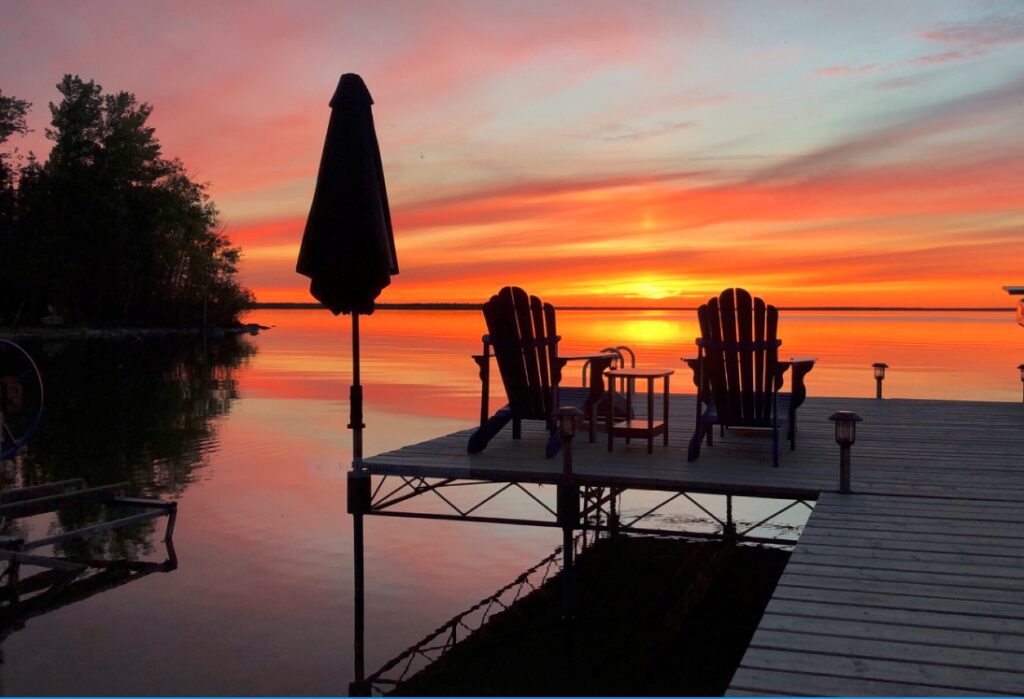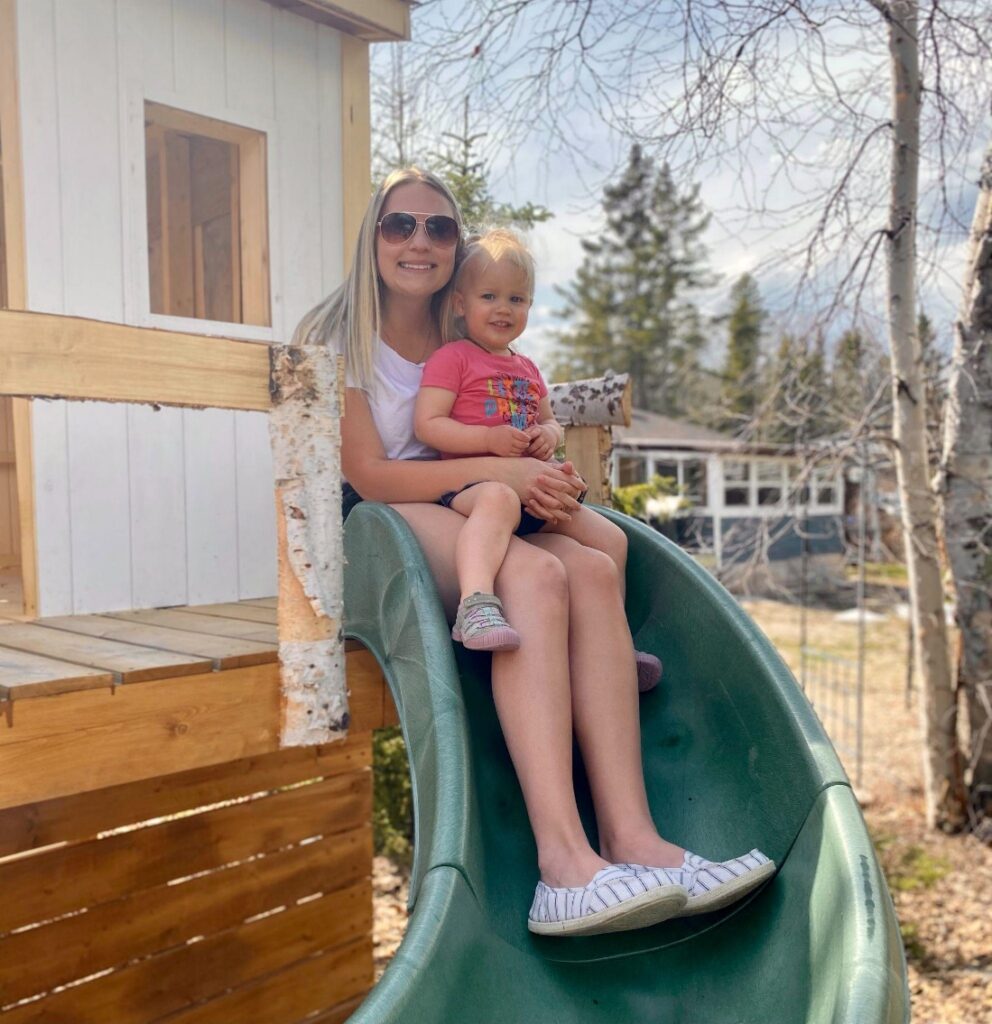Article 3 – To Mother Earth
Kailyn Coutts-Ramstead
The wind blows through the willows,
calm, and then mighty, it shows.
The sky, speckled with clouds,
and full of wonder; each person, I hope, knows.
The water ripples with movement of air,
and an eagle soars.
His shadow cast on the ground below,
as waves crash on the nearby shores.
It is easy to forget,
this is so true,
just where we all came from,
Both I and you.
Looking out at this land,
Its beauty, so pure,
We can’t help but feel,
Our connection to you.
This land is our home,
And so much more is true.
You are our beginning and our end,
but such is known to few.
Our lungs take in air,
from the trees that you grow,
And with each breath we take,
You come and go.
Our homes sit soundly,
on the rock that you have forged,
but still, we take it for granted,
and continue to gorge.
The land that you give and all that it holds,
as our industries grow,
begins to deplete,
and the damage has started to show.
We mine and we drill,
taking all that we seek.
Consequences? There are plenty;
though many see it as a feat.
Your arms wrap around us,
in the warmth of sunshine and the breeze,
but soon enough will come a day,
we no longer have any bees.
And that is not our only worry,
No, that is far from true.
Once the bees are gone,
they say, so will be me and you.
Changes must be made, I’m sure,
and time is running out.
There will only be so many breaths left to take,
if we continue on this route.
You have held us in your arms,
through sickness and in health,
it’s time for us to do the same,
and forget about our wealth.
As we push your patience,
past the point of no return,
your blood begins to boil,
and the skies will start to turn.
Carbon floods the atmosphere,
like a river in the spring,
our air beings to heat the globe,
but we don’t change a thing.
Living in denial? Maybe.
But such an excuse won’t do.
We don’t have time to just ignore it,
we need to save you too.
Reading each hypothesis,
and proposals every day,
it is easy enough to speculate,
that someone will find a way.
They will find a way to save us all,
from our ever-impending doom,
but without the help of everyone,
we might as well build our tomb.
If we all just sat and looked at you,
even for a second,
just to see your beauty and grace,
maybe life would be less threatened.
Looking out at the sky today,
emotions leaving me weak,
touching the water, feeling the breeze,
a tear rolls down my cheek.
Thinking of all the things I’d change,
if it was up to me.
But here I sit, powerless;
talking to the trees.
I know their spirits hear me,
and feel my pain too,
for here they’ve stood for centuries,
but no longer like the view.
Imagine if our ancestors came,
and saw their land today,
how we treated Mother Earth,
would leave them in dismay.
Now it is our responsibility,
to save you from ourselves;
to put down all of our luxuries,
prioritizing you over what’s on the shelves.
The time we have to make a change is quickly counting down.
It is only when we learn your worth,
that maybe we will save;
you, our dear Mother Earth.

Author’s Bio: Kailyn Coutts-Ramstead was born and raised in The Pas, Manitoba. Her university career began in the fall of 2018 when she enrolled in the three-year Bachelor of Arts Program at The University College of The North, The Pas Campus, which she will be completing in the coming months. She plans to work in the north as a Social Worker and hopes to continue her education after convocation this coming fall with the University of Manitoba. Kailyn wrote her poem “To Mother Earth,” as a tribute and in recognition of all this land has given to us. Growing up, Kailyn spent her days outside at the lake with her family, and as the years passed, her appreciation grew. She had been challenged in a creative writing class to write a poem, something she had never really done before, the assigned theme being “nature.” This piece was her take on that.

Instructor’s Remarks: Kailyn had approached this course quite tentatively, with the apprehension of not being able to complete it successfully. As the weeks went by, she started finding her feet. When she began to discover her talent, she seemed to have surprised herself more than anybody else. Her poem expresses our relationship with the land and nature. Kailyn’s ability to come up with rhyme within lines and the use of musical sounds lends fluidity to her style, as is evident in this poem. (Dr. Zulfquar Hyder)
